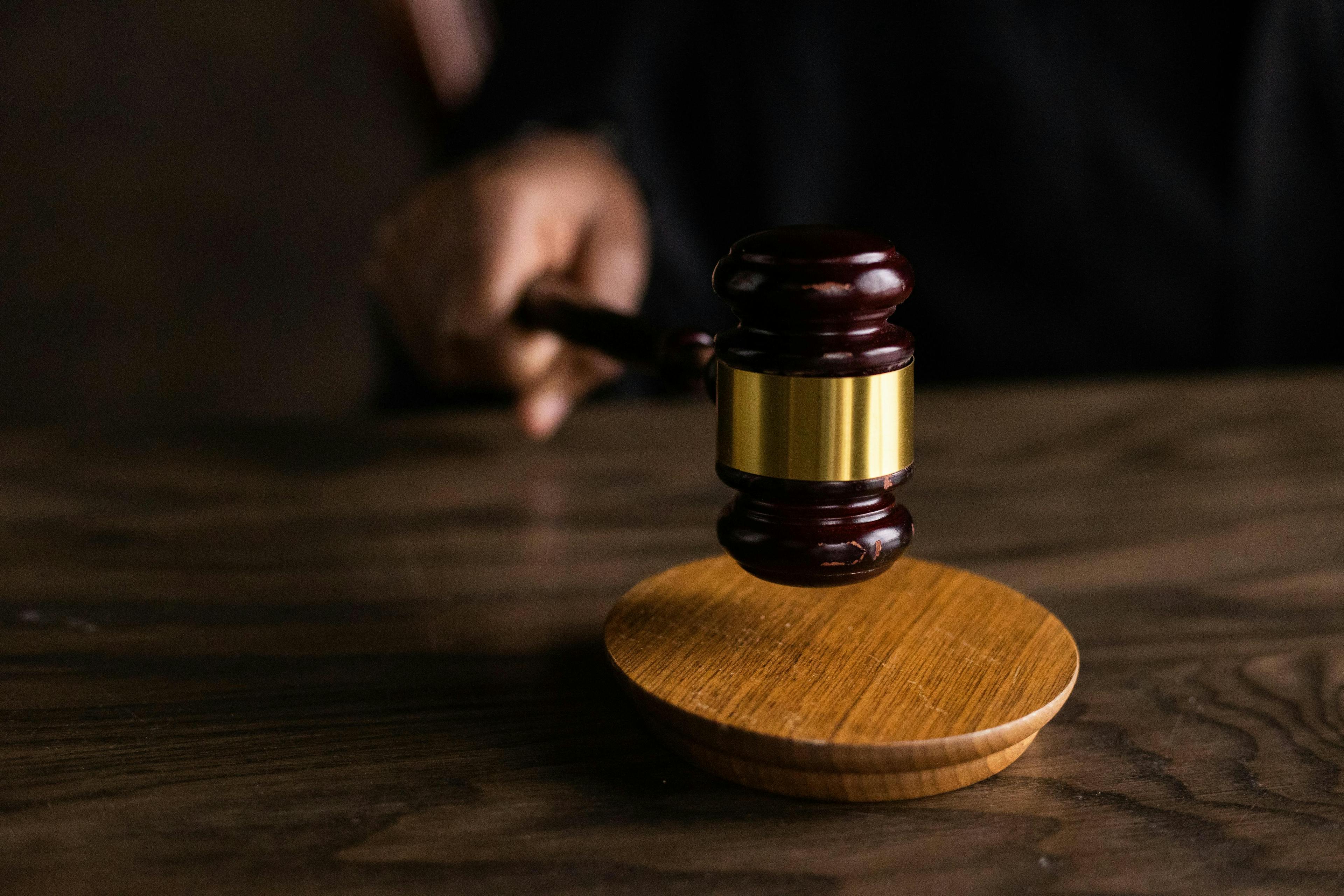Criminal Law’s Role in Navigating Morality and Individual Freedom

Criminal law can be defined as a system operated within a social space by setting standards for behaviour and implementing practical standards or regulations.1 However, the private scope of criminal law's involvement remains a subject of debate, as we endlessly discuss which acts are moral and which acts cannot be punished even if they seem immoral.
The modern concept of what acts should be criminalized is rooted in the ideas of John Stuart Mill, a utilitarian philosopher. Mill argued that "[e]ach is the proper guardian of his own health, whether bodily, or mental and spiritual," emphasizing the importance of protecting individual freedom in modern society.2 In his 19th-century essay On Liberty, Mill explained that criminal law should intervene only to prevent acts that harm others, although dishonesty could be considered a crime within this framework.
Greenwalt argued that "the morality of any kind of act will depend on whether or not it will promote consequences more favourable than those produced by some alternative,"3 but this definition is insufficient because it lacks clear legal guidelines and may confuse citizens. Courts continually debate the scope of consensual and private acts that can be punished, attempting to balance individual freedom with social protection. Given that morality and law often intersect private and public interests, finding equilibrium is challenging. Living in a pluralistic society with diverse cultures, religions, and ethnicities inevitably creates more divisions when defining morality.
References
- Jeremy Bentham, Crossing the Line: Morality, Society, and the Criminal Law (1781) accessed 6 August 2022
- J.S. Mill, On Liberty (1859; reprinted London 1985)
- K. Greenawalt, Conflicts of Law and Morality (Oxford, 1989), p.99